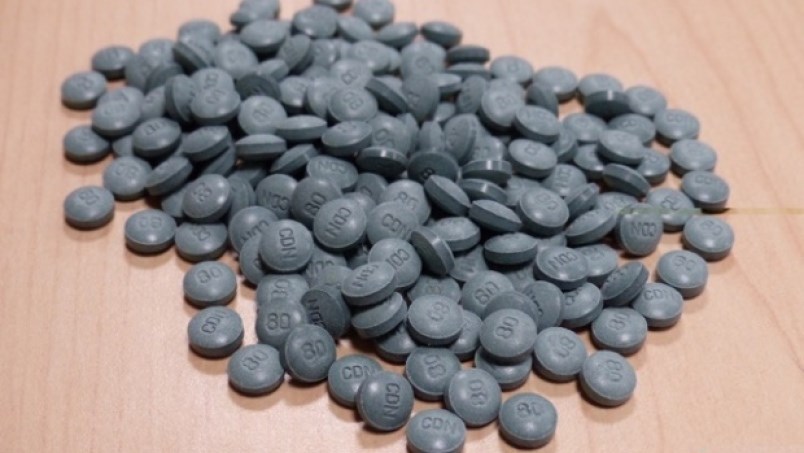The number of illicit drug overdose deaths in Prince George dropped by more than half in 2019, marking the first decrease in deaths since 2013.
Between 2013 and 2018, the number of overdose deaths in the city increased from seven per year to 48 per year. In 2019, there were 22 overdose deaths linked to illegal drugs in the city.
In the region served by Northern Health, overdose deaths had risen steadily from only six in 2009 to 96 in 2018 – a 1,600 per cent increase. In 2019 there were 57 reported overdose deaths in the Northern Health region, down from 2018 but still the third-highest year in the decade. Northern Health's overdose death rate 23 per 100,000 was the second-highest in the province and higher than the provincial average of 19.6 deaths per 100,000 population.
Northern Health medical health officer Dr. Jong Kim credited efforts by emergency responders – including increased availability of naloxone overdose treatment kits – and a decrease in the contamination of illicit drug supply.
"We are starting to see a decrease in the number of ambulance calls (for overdoses)," Jong said. "We've some decreases since the summer of 2019. We'll have to see, but it's a bit early to tell if there is a definite decrease in the number of (overdoses)."
Decreases in the overall number of overdoses tends to lag behind the decrease in deaths, he added.
In terms of prevention, Northern Health has actively looking to increase access to addiction treatment programs – particularly for opioid addictions – Jong said, but has been facing difficultly recruiting and retaining physicians to work in the programs.
The downward trend in overdose deaths in Northern Health mirrors the provincial trend, which saw overdose deaths drop from 1,542 in 2018 to 823 in 2019.
Minister Judy Darcy, B.C. minister of mental health and addictions, told a press conference the reduction in overdose deaths is a positive sign, but the situation remains a crisis in the province.
"That's two to three people (dying) every single day in B.C.," Darcy said. "The numbers are still far, far too high. But it does show our initiatives are working."
Since the NDP took office in 2018, 3,500 more people in B.C. have been able to access medication-assisted addiction treatment programs than under the former Liberal government, she said.
"Access to addiction treatment shouldn't depend on the size of your bank account, but it often has up to now," she said.



.png;w=120;h=80;mode=crop)